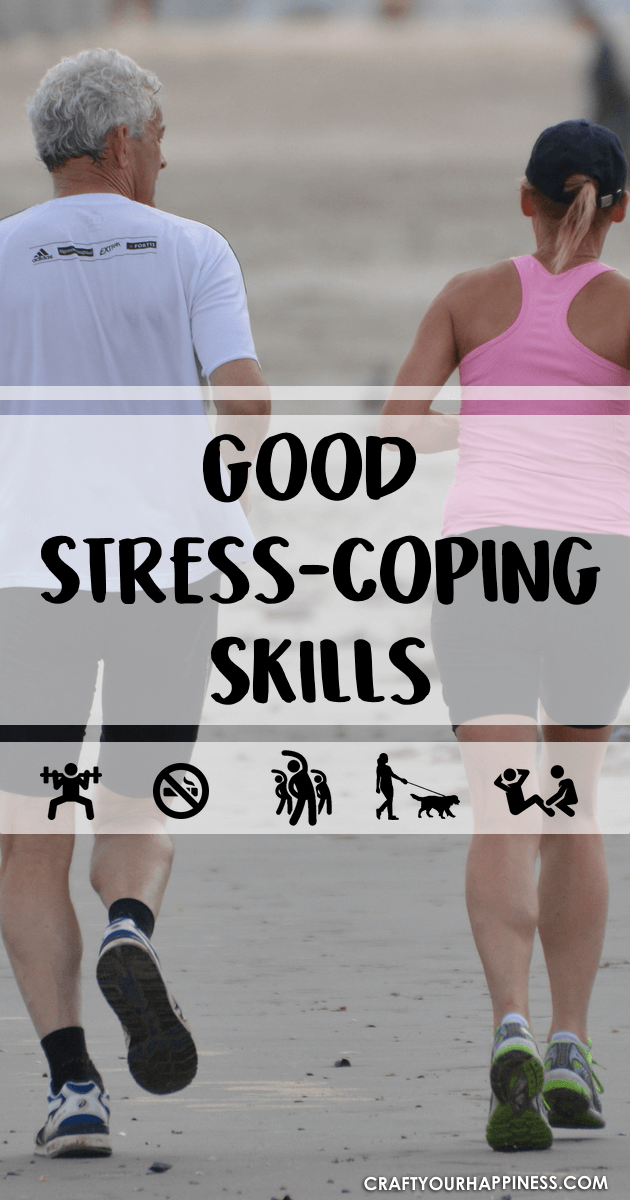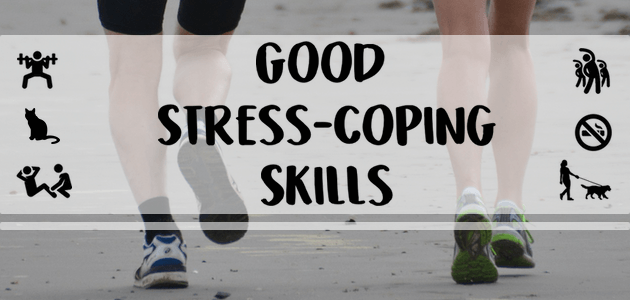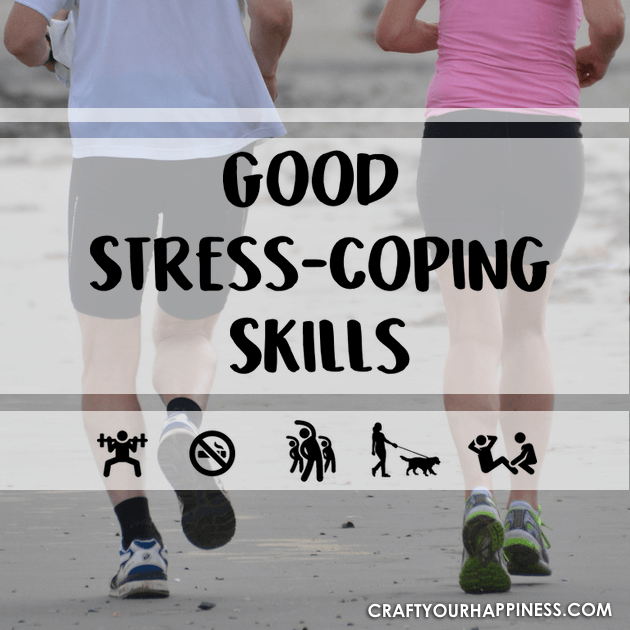
![]() The vast majority of us face stress at some point in our lives or another. Some of us might deal with it a lot more frequently than some. Even when we’re not yet at the stage to acknowledge that we have a problem with stress, we tend to slip into behaviors that are consciously or sub-consciously designed to help us deal with that stress. However, if we’re not mindful of what, exactly, they are, these coping mechanisms can be a health concern all their own.
The vast majority of us face stress at some point in our lives or another. Some of us might deal with it a lot more frequently than some. Even when we’re not yet at the stage to acknowledge that we have a problem with stress, we tend to slip into behaviors that are consciously or sub-consciously designed to help us deal with that stress. However, if we’re not mindful of what, exactly, they are, these coping mechanisms can be a health concern all their own.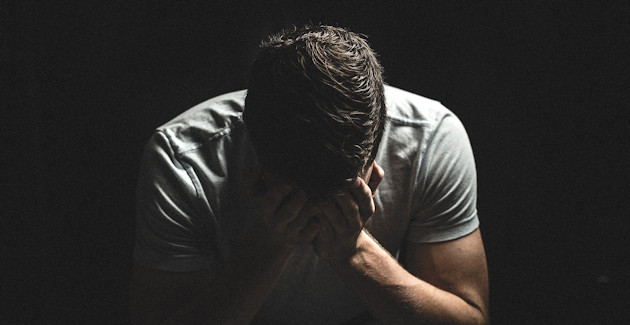
 Get moving
Get moving
One of the healthiest coping mechanisms of all is exercise. There are particular exercises that are excellent for stress relief, as shown at Everyday Health, too. Aerobic exercises can help us get all the tension out of our bodies and help us burn some energy. Meanwhile, yoga helps bring us back down when we’re feeling stressed through slow, physical concentration, and steady breathing. Exercise is so effective a coping mechanism because it relieves the physical tension that is directly linked to the mental feeling of stress. It also releases positive neurotransmitters like endorphins and dopamine that can improve our mood not only the moment but overall. The more active we are, the less likely we are to feel stress. It’s that simple.

 Replacements for Bad Habits
Replacements for Bad Habits
If you do have a bad habit, then you may have some very distinct physiological needs that can be hard to supplement. As such, it might be a good idea to find a coping mechanism replacement that’s relatively close to the original. For instance, if you’re a stress smoker, then throwing away the cigarettes is always recommended. However, it can be a lot easier if you take steps like going to buy disposable vape pens on Halso. Vaping has been shown to be one of the most effective ways of quitting smoking. Furthermore, the CBD oils that are popular in vape pens are becoming much more widely used to fight stress and anxiety to positive effect.
A Quick Guide to CBD Oil for Pain, Anxiety and More!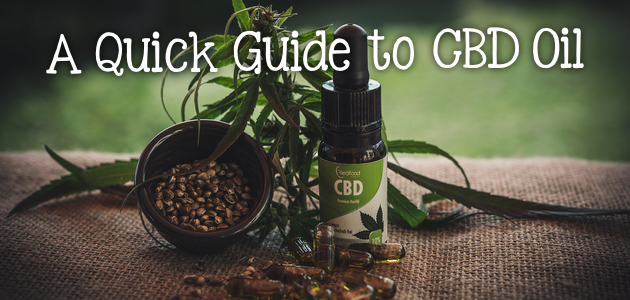
 Getting mindful
Getting mindful
Mindfulness might sound like the latest fad when it comes to mental health and wellness. However, the truth is that it’s a tested system for helping you cope with troublesome elements in your life. Life is best viewed at a distance. When we’re not in the thick of it, with our troublesome emotions, we tend to have difficulty finding some perspective. Learning mindfulness is all about putting some distance between us and the immediate situation, and recognizing how we react to certain events. These are known as our psychological triggers, and these triggers can lead to anything from anxiety attacks to turning towards our more addictive vices. When you’re mindful of your triggers, you can start to avoid them and, eventually, strip them of their power.
 Give yourself a voice
Give yourself a voice
One of the problems with stress is that we tend to sit on it. We let it stew until it becomes so hard to deal with that we then turn to those unhealthy coping mechanisms. One of the best ways to stop that from happening is to not let it build up inside you like a pressure cooker. Talking to someone is the best option you can take. However, that’s not always available to you. If that’s the case, then writing in a journal can be one of the most effective ways of dealing with uncomfortable or uncontrollable emotions. It helps you get them out of your head, allows you some perspective on them, and can even work to help you improve your mindfulness.
 Know when you need help
Know when you need help
There are times when you may not be able to get rid of your unhealthy coping mechanisms, yourself. When these coping strategies are particularly self-harmful, such as the case with drugs or alcohol, then you need to know when you have to look for help. If they get in the way of your ability to meet responsibilities and live healthily and happily, then you may need to look at treatment services from Hazelden and similar providers. Admitting to a problem with harmful habits, be they substance abuse or something entirely different, is the first and most crucial step to recovery. However, you then need to look to professionals to help you the rest of the way.
If you want to make sure that you’re coping in the healthiest way possible, then you need to take active measures to relieve stress. Dealing with the problem head-on lessens the chance that you will unconsciously slip into more potentially harmful coping mechanisms.![]()
